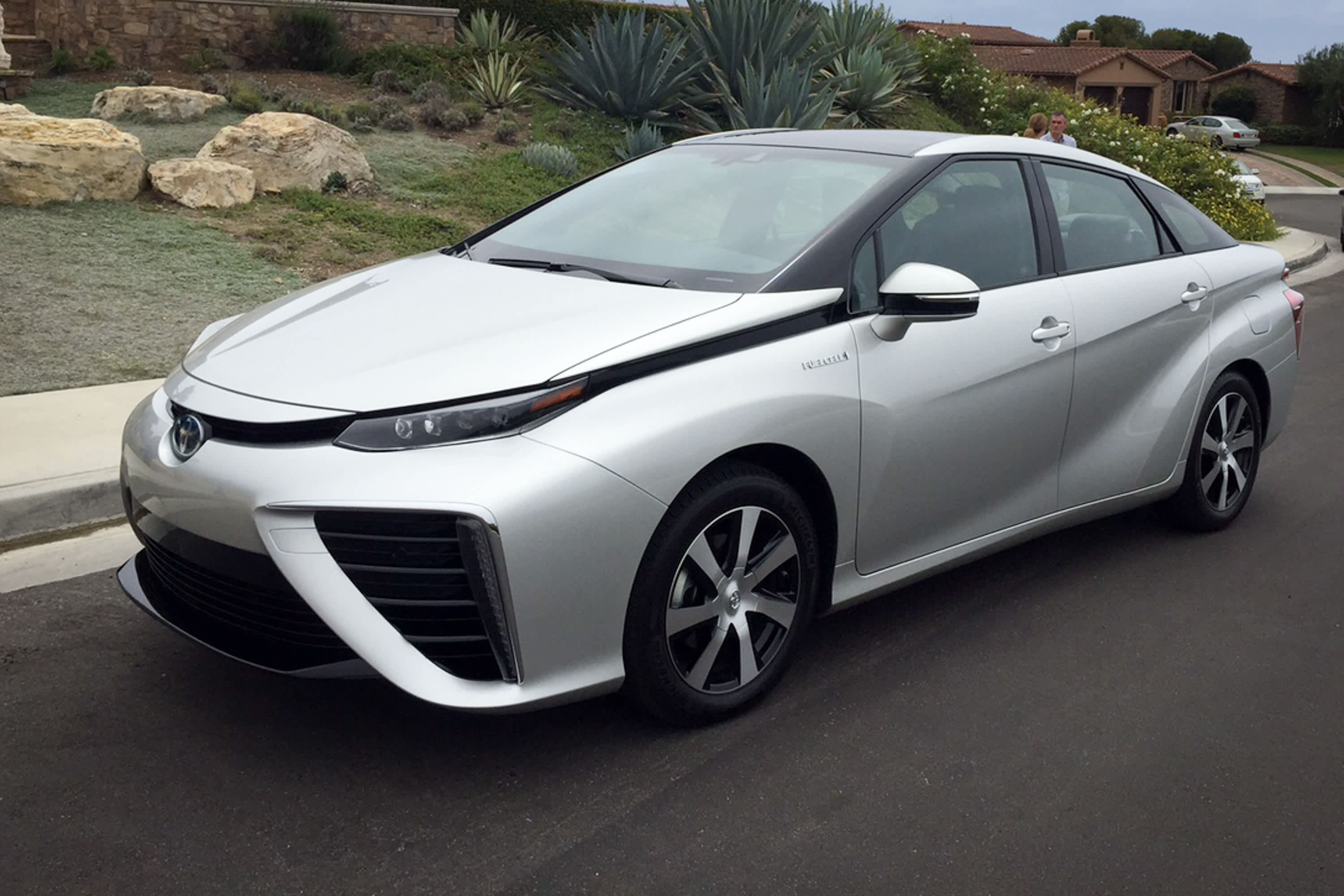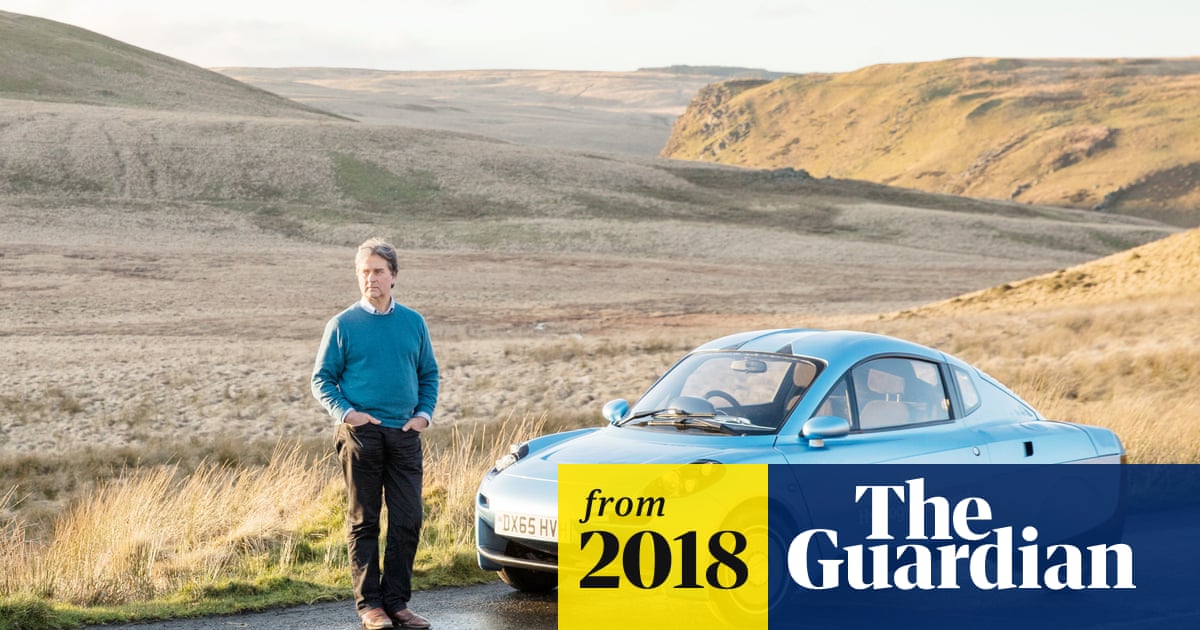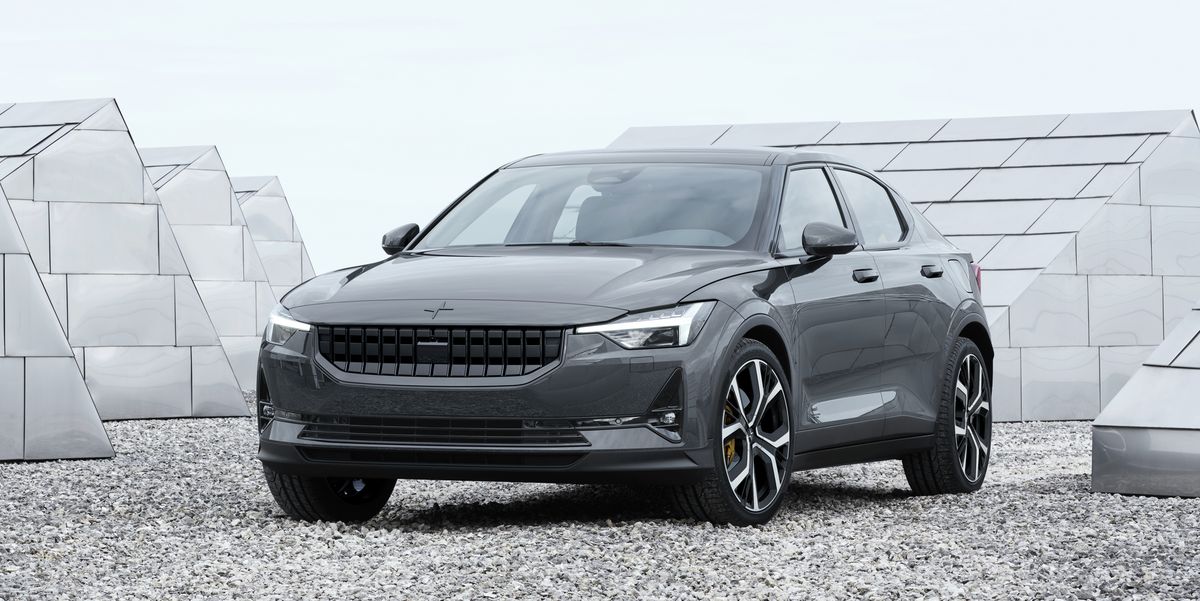Looks like all of the new entrants in 2020, except the Tesla and the Bolt, will have the attractive benefit of the $7,500 Federal Tax Credit, just as the BEV Bolt and Tesla had until their sales crossed the 200,000 vehicle limit, and that several of the new entrants are PHEV with very limited battery electric range, which still may be a big plus for a pure commuter-focused EV. The $7500 tax credit is a big deal, and as intended will encourage strong growth in EV sales. All will experience battery range reduction in cold climates, typically up to about 40%, and perhaps a bit more in the bitter cold periods experienced in northern Minnesota, where I live. The extent of range reduction is heavily impacted by temperature, wind, use of lights, heat. AC and other accessories, driving speed, and driving habits in general. All of these factors, plus lower operating efficiency, also impact ICE vehicles.
I hope all of these new entrants are successful and find room in the marketplace. Competition will be keen, and quality, dependability, and charging network availability will play a big role, as will exterior and interior design and overall functionality.
Being a month shy of a full two years of ownership of a Bolt, we have just over 24,000 miles accumulated. The Bolt has met all of the expectations and requirements we had which led to our purchase. With an advertised range of 238 miles, our requirement was dependable round-trip range of 150miles, summer and winter, without intermediate charging. This goal was met. The Bolt has performed flawlessly, required zero maintenance, (other than washer fluid and maintaining tire pressure), except to fix a leak in the window wash system which was faulty on delivery, and replacement of the cabin air filter due to dust/debris accumulation from normal use. The Bolt has surprising interior room, and the new 2020 Bolt promises even more as it moves from a hatchback design and into the small SUV arena. Almost all our Bolt charging is at home on a Level 2 charger with very limited use of public charging stations.
We are two months short of a full year of ownership of our Tesla Model 3, and now have 14,224 miles accumulated. The Tesla was intended to be our primary family driving car, with both local and long distance driving. We regularly, once a month or more often, use the Tesla for about a 400 mile round trip travel to visit family, as well as use the Tesla for all of my wife's local driving. Simply stated, the Tesla is an awesome vehicle: comfortable, secure, predictable, great road handling, and design and functionality which we find to be superb. In one word, the Tesla is smooth, all the way up to 100+ mph with certainly all the acceleration a person needs, and more than most people have experienced. The Tesla too has performed flawlessly with no required maintenance or repairs (other than washer fluid and maintaining tire pressure). Since the Tesla ("Tessa Rose") is my wife's car, I have to thank her for giving me plenty of opportunity to drive the Tesla, especially on road trips. I've never before had so much fun driving a car as I have had with the Tesla. The Tesla also is mostly charged at home on a Level 2 charger, but we use the Tesla SuperCharger network extensively on our over the road travels. SuperChargers are super convenient, located strategically along every route we have traveled, and extremely easy to use. SuperCharger availability is a huge plus for the Tesla.
We also own a 2007 Toyota Camry, equipped with a trailer hitch to pull a utility trailer or our small teardrop camper. Annual mileage on the Camry is less than 5,000 miles. We have owned Camrys since 1986 and they have been great cars. If Toyota would have had a capable BEV available in 2018 when we bought the Tesla, we most likely would have bought that vehicle. We were very disappointed, and continue to be disappointed, in Toyota largely ignoring the BEV market.







